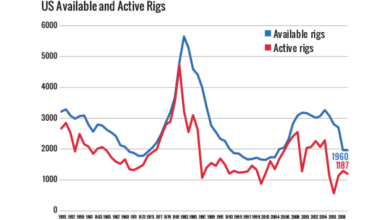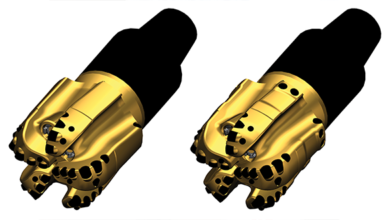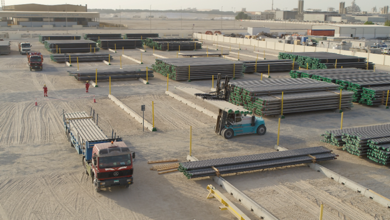Wirelines
API Publishes newly revised RP 54
API recently released the fourth edition of Recommended Practice (RP) 54, Occupational Safety and Health for Oil and Gas Well Drilling and Servicing Operations. RP 54 provides procedures for promoting and maintaining safe and healthy working conditions for personnel in drilling and well servicing operations.
Industry leaders, including IADC, participated in the lengthy revision process of the document, which applies to rotary drilling rigs, well servicing rigs and special services as they related to operations on location.
First published in 1981, significant revisions in the latest edition include a new section on flowback operations, which is key for safe well testing, revised requirements for facility and site process hazard assessment and mitigation, and introduction of formal risk assessments, as well as expanded provisions for offshore operations.
IADC Praises Nomination of David Bernhardt
In January, US President Donald Trump nominated David Bernhardt to become the next Secretary of the Department of Interior.
“IADC welcomes the nomination of David Bernhardt to serve as the next Secretary at the Department of Interior. Given his background and depth of knowledge, coupled with his interim leadership at Interior, we believe that Mr Bernhardt is deeply committed to managing the development of the tremendous natural resources within the US, with a focus on ensuring that work is done in a safe and environmentally sound manner,” IADC Jason McFarland said in a press release.
“A robust oil and gas industry contributes significantly to the overall economic prowess of the United States, and the actions of the Department are a significant contributor to that economic success. IADC looks forward to working with the Department and the Secretary on a wide variety of issues, and will continue to serve as an educative resource on all matters that affect the US oil and gas industry.”
EIA Releases Annual Energy Outlook 2019
On 24 January, the US Energy Information Administration (EIA) released its Annual Energy Outlook 2019. The report projects that in 2020, for the first time in almost 70 years, the US will export more energy than it imports and will remain a net exporter through 2050. US energy export growth is driven largely by petroleum exports, including crude oil and products, and by additional liquefied natural gas (LNG) exports. The outlook features significant findings, including:
• The United States will continue to see record-high levels of oil and natural gas production;
• US net exports of natural gas will continue to grow, as LNG becomes an increasingly significant export; and
• Increasing energy efficiency across end-use sectors will keep US energy consumption relatively stable, even as the US economy continues to expand.
China Bans Open-Loop Scrubber systems
As of 1 January 2019, the use of open-loop scrubber systems are prohibited within China’s Emission Control Areas (ECAs), covering inland waters and most of its coastline. Ships fitted with open-loop scrubbers, which discharge wastewater, are now required to burn low-sulphur fuel while operating in China’s ECAs. This move by China follows Singapore’s earlier decision to prohibit them.
Open-loop scrubbers are also banned from use in Belgium, California, Massachusetts and along Germany’s Rhine river.
Report released assessing Mexico’s Petroleum Future
The Energy Policy Research Foundation recently released “Mexico’s Petroleum Future, Understanding the Economic Value of the New Energy Model.”
The New Energy Model refers to the energy reform measures implemented in Mexico over the past few years, which offer considerable potential to lift oil and gas production, increase employment and deliver technological advances while adding revenues to federal, state and local governments.
The report includes findings that point to a substantial rise in crude oil production beginning in 2020, along with the employment of 130,000 workers and 500,000 indirect jobs. It also points out Mexican President Andres Manuel Lopez Obrador’s call for more investment directed to existing contracts that comprise the country’s “New Energy model,” despite his intention to impose a three-year halt on new oil and gas bid rounds for further assessment related to national investment concerns.
IMO Bunker Delivery Note Amendments Enter into Force
On 1 January, the International Maritime Organization (IMO) announced that amendments to the bunker delivery note that related to the supply of marine fuel oil to ships that have fitted alternative mechanisms to address sulphur emission requirements have been entered into force. The shipping industry is preparing for January 2020, when the limit for sulphur in fuel oil will be reduced to 0.50% m/m outside of emission control areas (ECAs) from the current 3.5%. Within emission control areas, the limit will remain 0.10% m/m.
The new limit under IMO’s MARPOL treaty will have significant benefits for the environment and human health.




